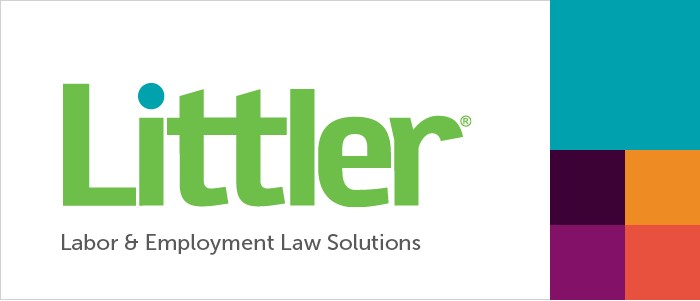
New Jersey’s legislature is scheduled to vote Monday, March 25, 2019 on a bill designed to legalize the recreational use of marijuana for adults over the age of 21, create a system by which marijuana and marijuana products will be taxed and sold, and expunge prior convictions for possession or distribution of cannabis products under state law. The “New Jersey Cannabis Regulatory and Expungement Aid Modernization Act,” (“Modernization Act”), in its current form, contains employment law protections for individuals who use marijuana. If enacted, it will be the first recreational marijuana law in the nation to explicitly protect individuals who choose to use marijuana from “discrimination” on the basis of such use.
Employment Law Protections
The Modernization Act provides:
No employer shall refuse to hire or employ any person or shall discharge from employment or take any adverse action against any employee with respect to compensation, terms, conditions, or other privileges of employment because that person does or does not smoke or use cannabis items, unless the employer has a rational basis for doing so which is reasonably related to the employment, including the responsibilities of the employee or prospective employee.
And, although the bill also states that nothing in it “requires an employer to amend or repeal…[policies] to maintain a drug and alcohol free workplace or require an employer to permit or accommodate the use, consumption, being under the influence, possession, transfer, display, transportation, sale, or growth of cannabis or cannabis items in the workplace, or to affect the ability of employers to have policies prohibiting cannabis use or intoxication by employees during work hours,” it is silent as to whether employers can continue to preclude employees from engaging in off-work marijuana use.
The bill does not define or suggest what sort of “rational basis” an employer would need to demonstrate for declining to hire or employ a marijuana user, or if a drug-free workplace policy that prohibits all use of cannabis would be upheld absent some demonstration that its application had a rational basis as applied to the individual in question. Regardless of how the bill would eventually be interpreted or enforced, if enacted, New Jersey would be the first in the nation to explicitly protect individuals who use marijuana away from work, or who work for employers that do not have clear policies prohibiting cannabis use or intoxication.
Employers Penalized for Acting on Marijuana-Related Arrests or Conviction in Any Forum
One of the major goals of the legislation is to expunge convictions for marijuana-related convictions that occur before the passage of the law, and to create an expedited means of effecting that expungement, without the necessity of a court order. People convicted of possessing up to five pounds of marijuana or seeking to distribute up to an ounce will benefit from the expungement provisions of the law. Slated to be expunged are both arrests and convictions for marijuana crimes. Such crimes include unlawful distribution of marijuana—including when on or within 1,000 feet of any school property, or on or within 500 feet of the real property comprising a public housing facility, public park, or public building—as well as crimes related to possessing or being under the influence of marijuana and related products in violation of New Jersey law. For employers, the bill would create monetary penalties for discrimination on the basis of arrests, charges, convictions, or adjudications of delinquency concerning the same categories of offenses.
If the Modernization Act is enacted, employers will not be permitted to consider, require an applicant to disclose or reveal, or “take any adverse action against” any applicant convicted of the offenses described above, or of similar arrests and convictions under the laws of another state, or of federal law. A limited exception to the law would permit consideration of these offenses only if the employment sought is for a position in law enforcement, corrections, the judiciary, homeland security, or emergency management. Civil penalties for violations would be assessed against employers in the amount of $1,000 for the first violation, $5,000 for the second violation, and $10,000 for each subsequent violation—collectable by the New Jersey Commissioner of Labor and Workforce Development.
Conclusion
If the legislature does not pass the bill next week, lawmakers—including New Jersey Governor Phil Murphy, who campaigned for election on a promise to legalize marijuana for recreational use—have said that they will revisit the legalization effort after the November 2019 elections.